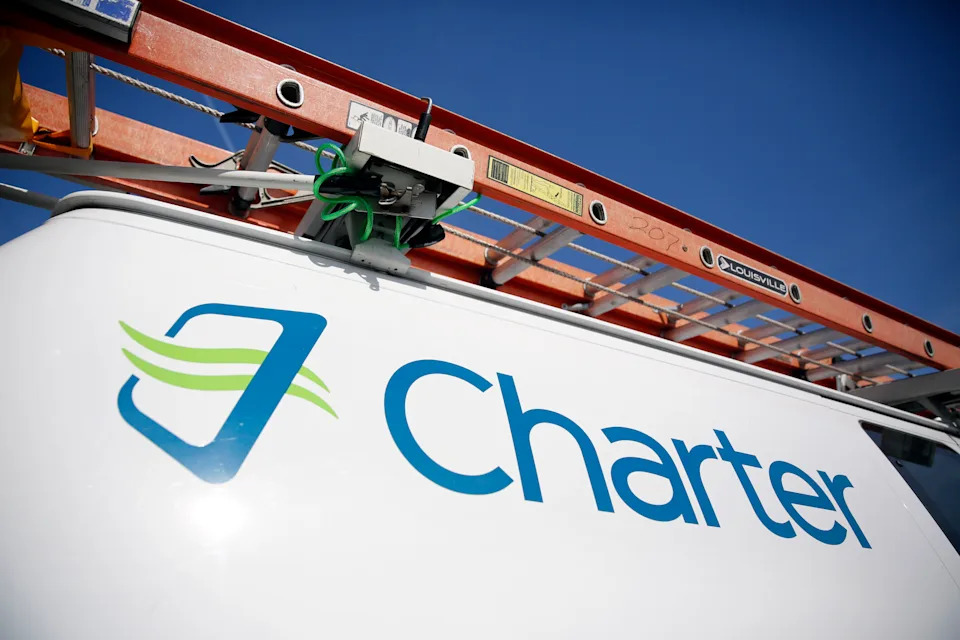Cox Communications and Charter Merger: What It Means for the Cable Industry
Cox Communications is set to redefine the U.S. cable landscape through a landmark merger with Charter Communications. As two of the nation's largest cable providers, this union promises to impact not only their millions of customers but the industry as a whole. Let's explore what this means for cable, internet, and streaming services.

The Details Behind the Merger
Charter Communications, recognized nationwide under the Spectrum brand, has agreed to acquire Cox Communications in a deal valued at $34.5 billion. According to Yahoo Finance, this transaction will bring together two of the top three cable companies in the United States. Cox currently serves more than 6.5 million digital cable, internet, telephone, and home security customers, while Charter boasts over 32 million customers in 41 states.
The merger is not just significant for its size. It signals a strategic response to increasing competition from streaming services like Netflix, Disney, and HBO Max. With traditional cable subscribers steadily declining due to "cord cutting," the combined strength of Cox Communications and Charter is intended to keep them competitive in a shifting media environment.
What Customers Can Expect
After the merger, the new combined entity will operate under the name Cox Communications within a year of closing. The company will keep Charter’s headquarters in Stamford, Connecticut, and maintain a significant presence at Cox's Atlanta, Georgia campus. Leadership changes will see Charter CEO Chris Winfrey serve as president and CEO, while Cox CEO Alex Taylor will become chairman.
For current customers, these changes promise improved services and potential network enhancements. As outlined in CNBC’s coverage of the merger, the goal is to pool resources for better product offerings and stronger nationwide coverage. Cox’s residential cable, internet, and phone customers are likely to benefit from this collaboration.
The Bigger Picture: Industry Implications
The cable industry has faced mounting pressure from streaming alternatives, and this merger reflects an effort to innovate and provide more value. The deal also includes acquiring Cox's commercial fiber and managed IT and cloud businesses, paving the way for expanded services beyond residential customers. With the ongoing evolution in how Americans consume content, Cox Communications is positioning itself for long-term relevance.
For more in-depth details, visit the Wall Street Journal's report on the merger.
Looking Forward
As regulators review the deal, all eyes are on how the new Cox Communications will navigate an industry undergoing rapid transformation. The merger could mark a turning point for cable companies striving to stay competitive with streaming giants and mobile providers. Consumers and the industry alike will watch closely as the dust settles.
Stay updated as Cox Communications continues to shape the future of American cable and internet services.